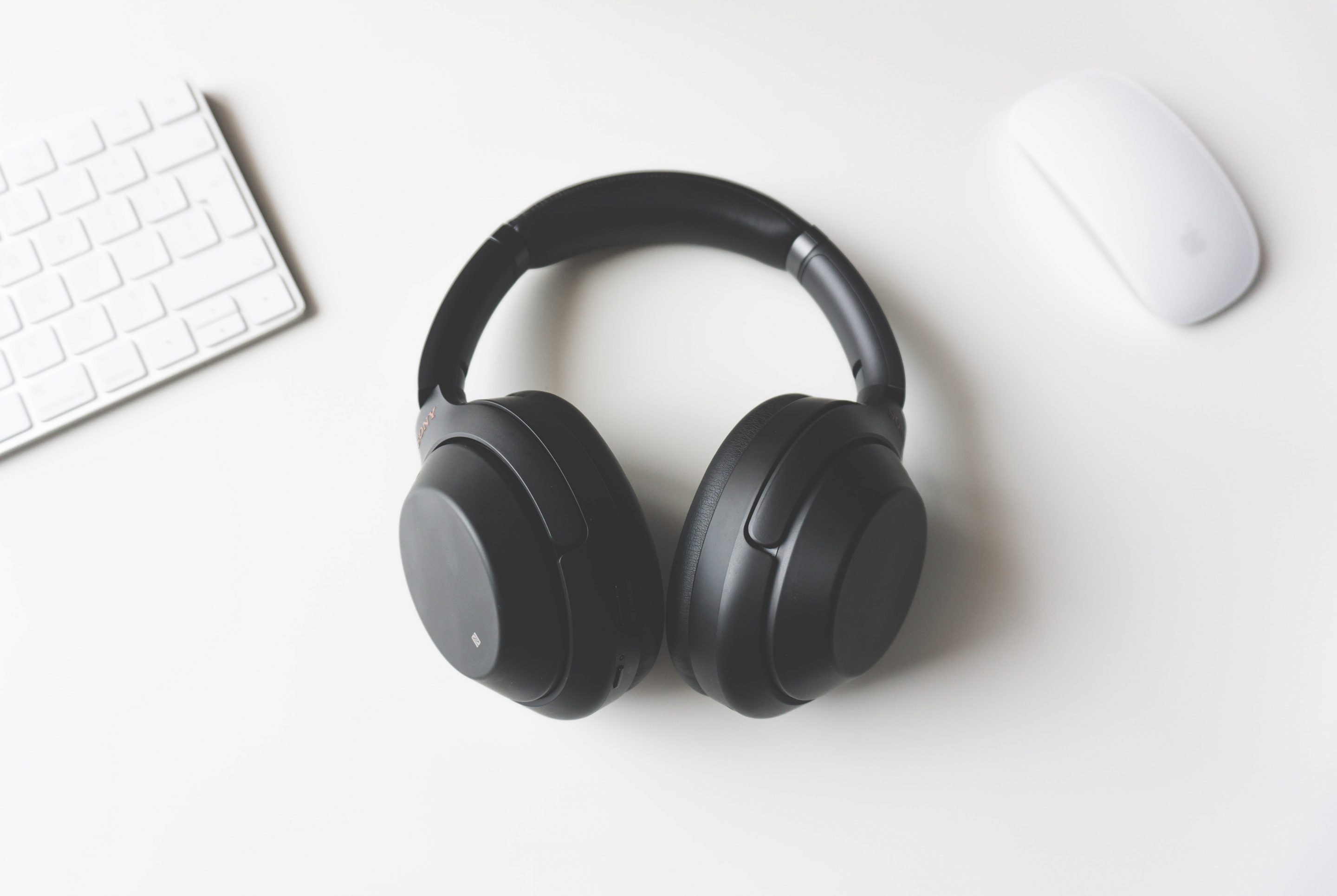In moments of high intensity, music has very real healing properties. Many people have experienced it first hand. Whether you have been caught crying to a sad song after a break up or releasing your anger by screaming to Carrie Underwood, you have seen that music is undeniably connected to an emotional experience. We use our emotions to shape the individual experience of music, but is there a way to reverse this? Instead of relying on music to help when we reach a breaking point, can we use music to shape our emotional experiences? In this article, we will explore the science behind these questions, the ultimate findings, and every day applications.
The science
According to science, the powerful connective powers of music can be utilized as a healthy release in stressful situations. Psychology professors attempted to prove this in a 2013 study. In the study, scientists had one group of people in a room with peaceful music, and one group in silence. Both cohorts were subsequently exposed to the same stressors and conducted a stress test, and on average, the results found that participants who were exposed to music showed noticeably lower levels of cortisol under the same levels of stress. Cortisol is the stress hormone that triggers an anxious response. This study definitively proved that music can help alleviate the effects of stressful scenarios, and suppress the creation of stress hormones.
Why does this work?
Cortisol production is not the only brain function impacted by music! One of the ways that music has a physical impact on the brain is by increasing the production of gamma waves. These high frequency waves occur when your brain is in peak performance, which is especially triggered when people make music. That means singing, playing an instrument, or anything of the like. Gamma waves are induced by activities like meditation, so they are intentionally used to lessen the effects of anxiety. Getting creative redirects your cognitive response away from stress and into a higher functioning zone.
In addition to increasing gamma wave production, music grounds you. Oftentimes, stress is a result of the past or future. We exhaust ourselves overthinking or anticipating things that are not based in the present moment. The beautiful thing about listening to music is that it forces you into the present moment. Sensory input can be calming, and help pull you out of your head and into the experience of the present. Music makes this easier.
How should I do this?
If you are just looking for a simple answer, turn on some music. Before, during, or after a stressful situation, it can help calm your brain and body. If you like more details, you are in the right place. According to research done by Stanford University, music can impact the brain as much as medication. They even lay out guidelines for listening. If you want to put yourself into a relaxed mood, music with around 60 beats per minute triggers alpha waves, which are a signal of relaxation. You can even induce sleep with about 45 minutes of calming, slow music. Some songs are engineered specifically for this purpose. Weightless is designed to slow your heart rate and both lower blood pressure and cortisol. In addition, white noise can be helpful in initiating deep sleep, which is a good preventative measure against stress.
There are many ways to treat stress and reduce it, but one of the easiest is by changing your environment. Music is a great way to make a change and distract yourself from stress. In stressful situations, music can help your stress hormones regulate, your brain get into the zone of relaxation, and even implement better sleep habits. Make that playlist and jam out, and the rest will follow.
